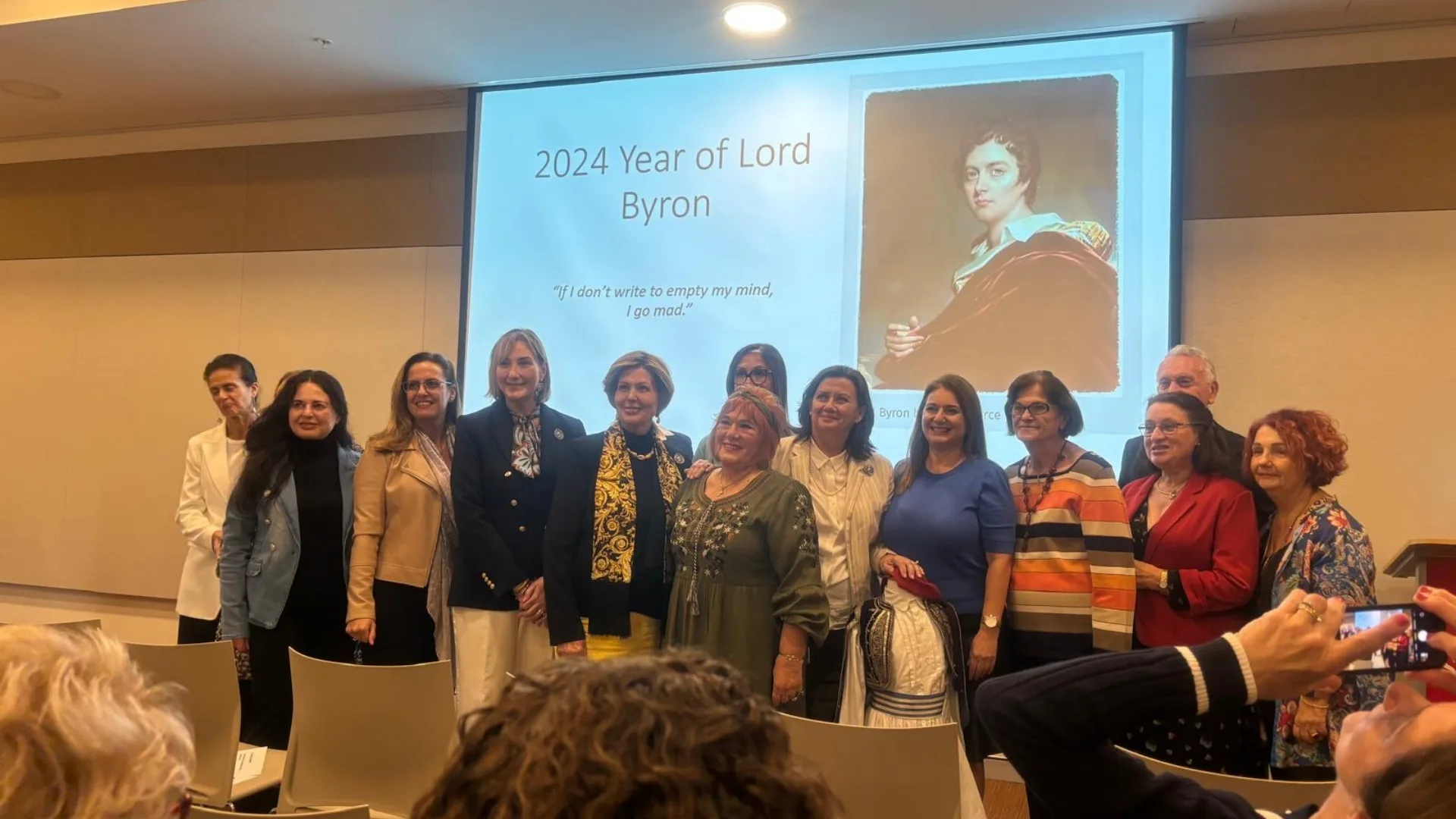The Hellenic Lyceum of Sydney’s book club honoured the bicentenary of poet Lord Byron’s death on Saturday, April 20 with an event at St Basil’s in Randwick, Sydney from 2.30pm.
The Hellenic Lyceum Book Club presented Lord Byron’s life, influences and literary works, using four speakers and a collection of books for reference together with other forms of media.
Tina Contos spoke about his extraordinary life – both personal and professional, his scandals and the legacy he left behind.
Eleni Kandylas – Mallios spoke about the Romantic Literary Movement of the time and his poetry in detail – in Greek and English.
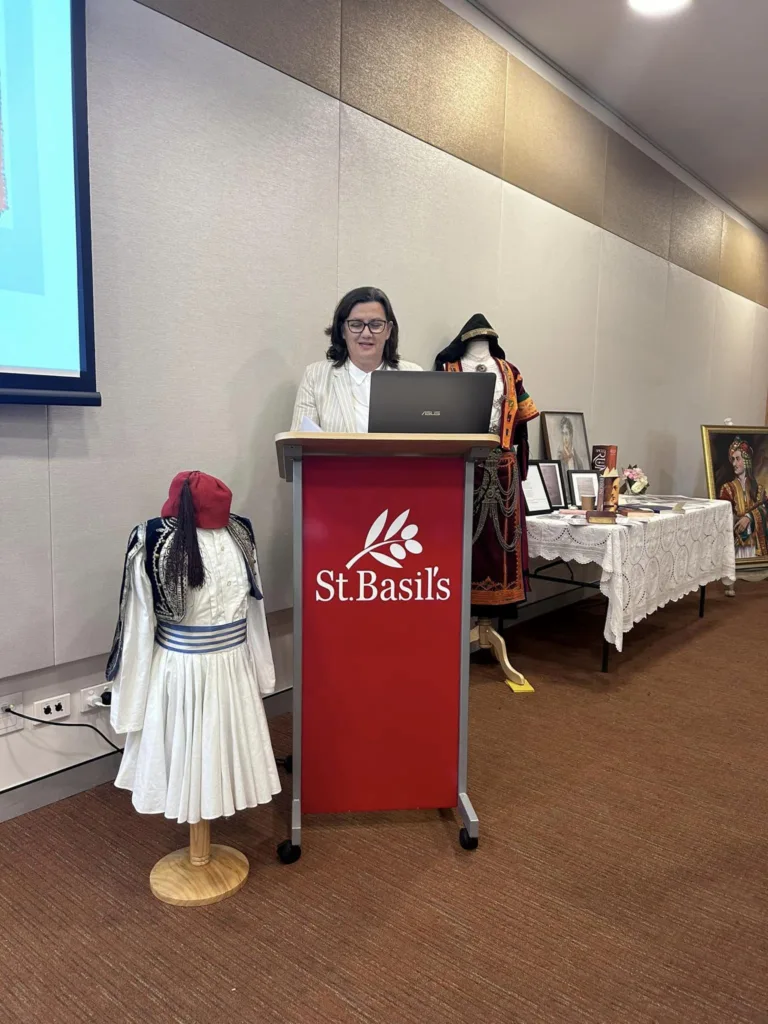
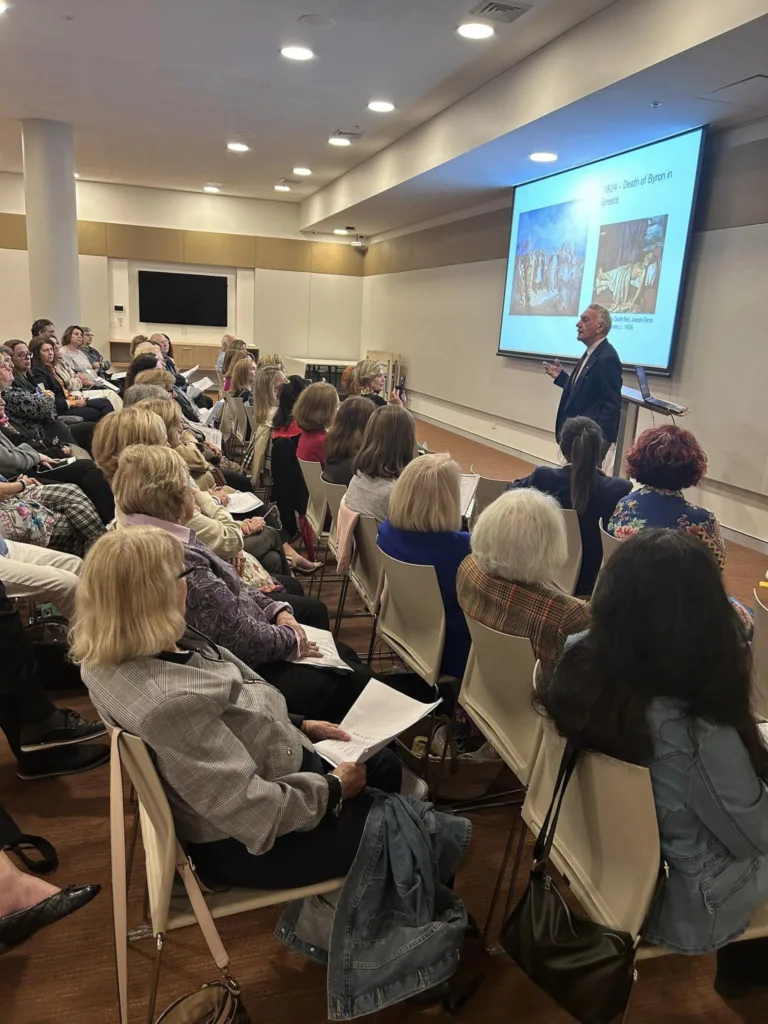
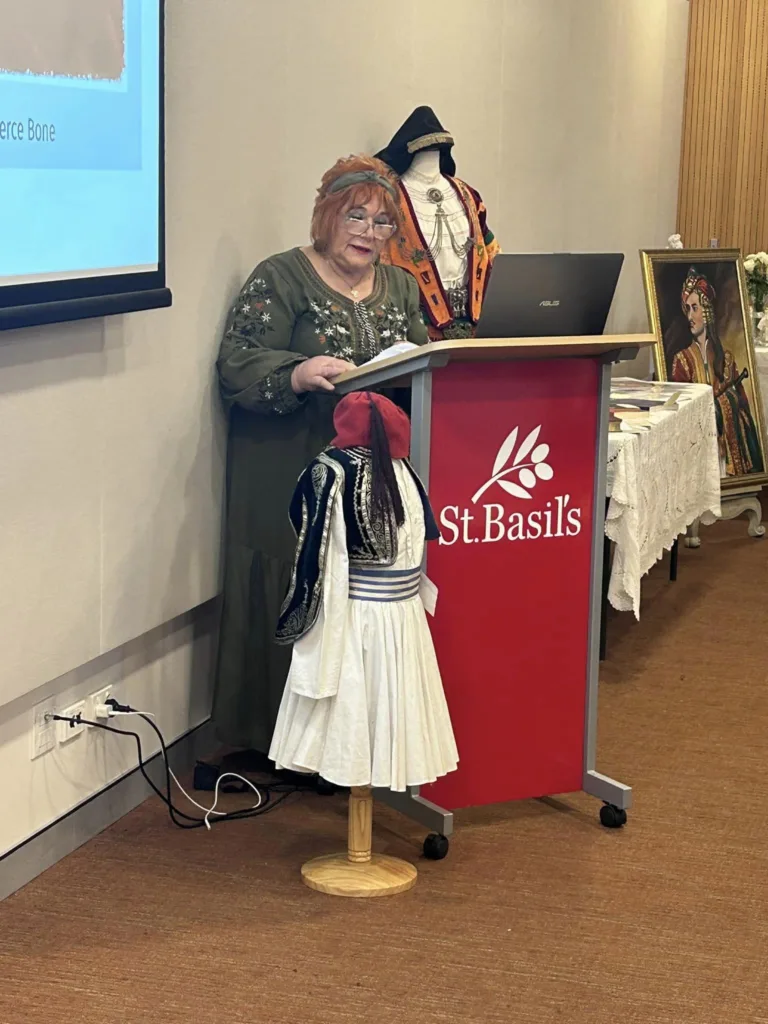
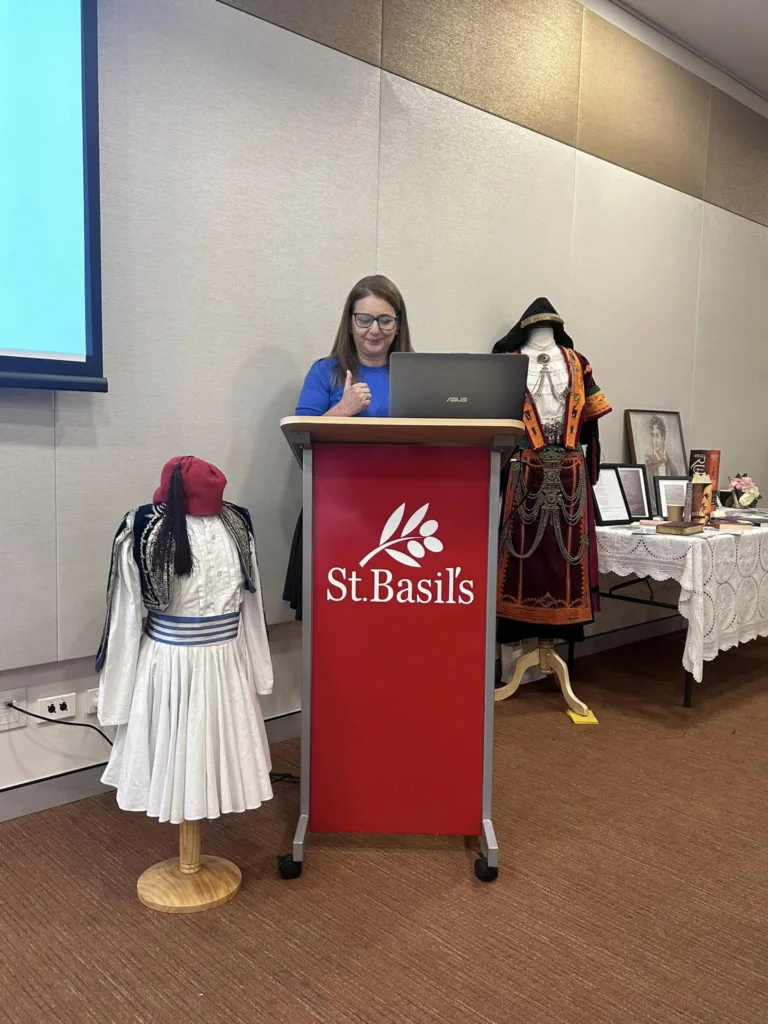
Costa Vertzayias spoke about Lord Byron as the most famous Philhellene and his involvement with the Greek War of Independence in 1821.
Marina Efthimiou spoke about the painting of Lord Byron painted by Sophia Salapatas in 1983, which still belongs to the Lyceum and was used for the talk on Lord Byron in 1984 for the 150th Anniversary of his death held at Hellenic House.
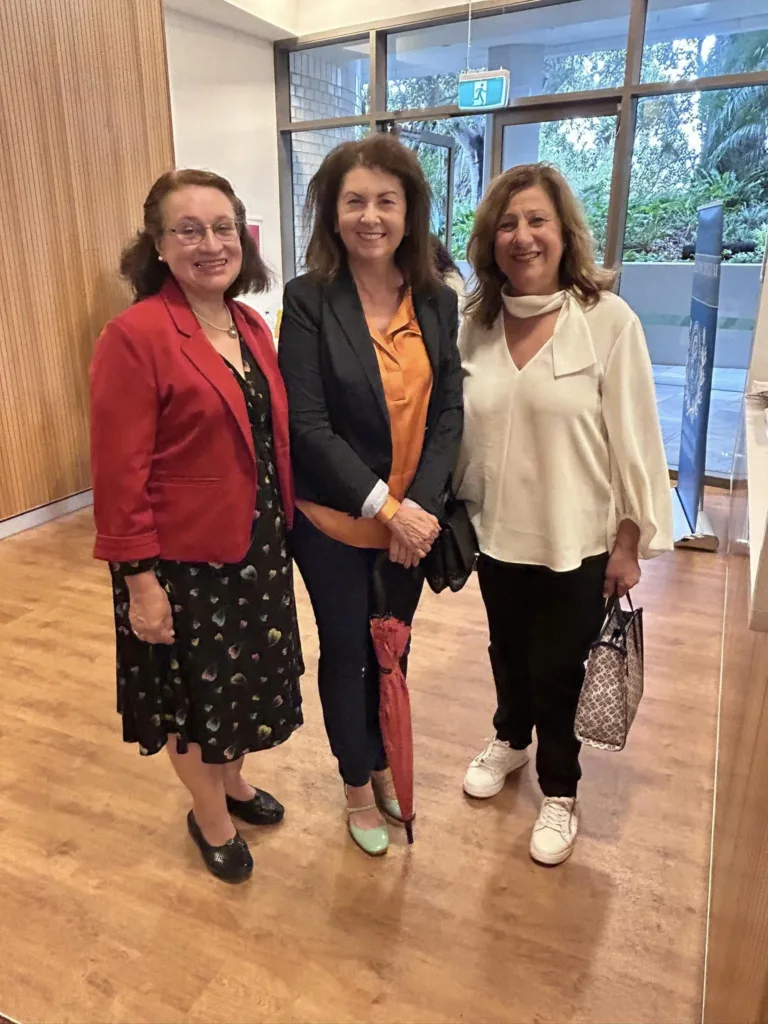
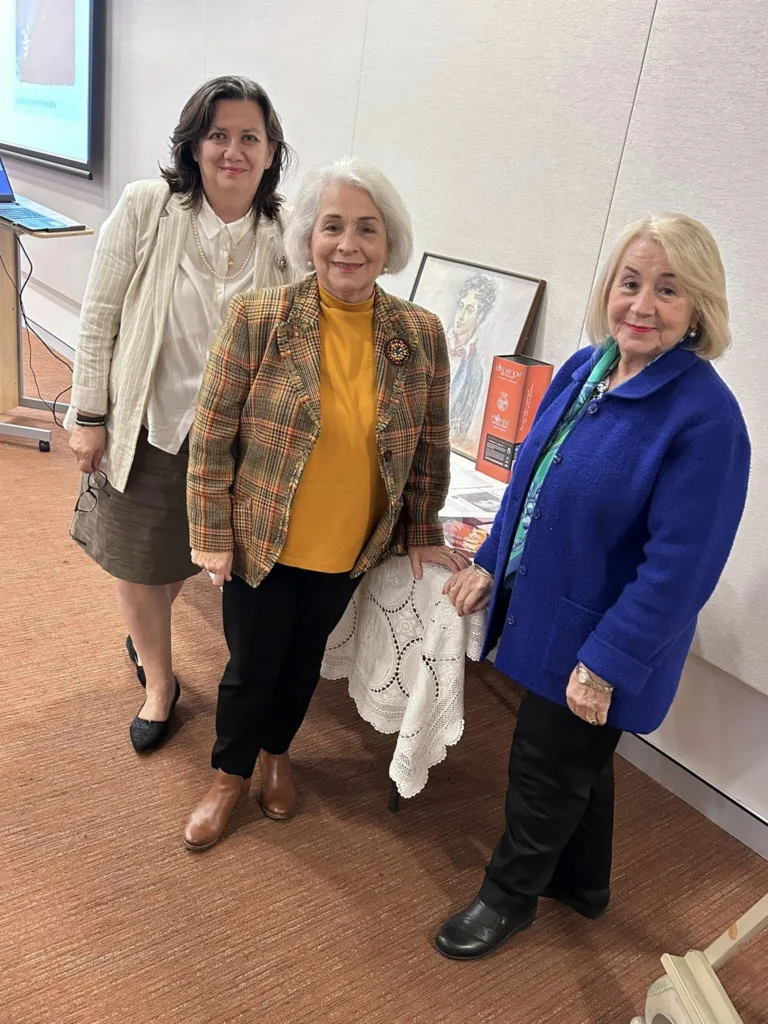
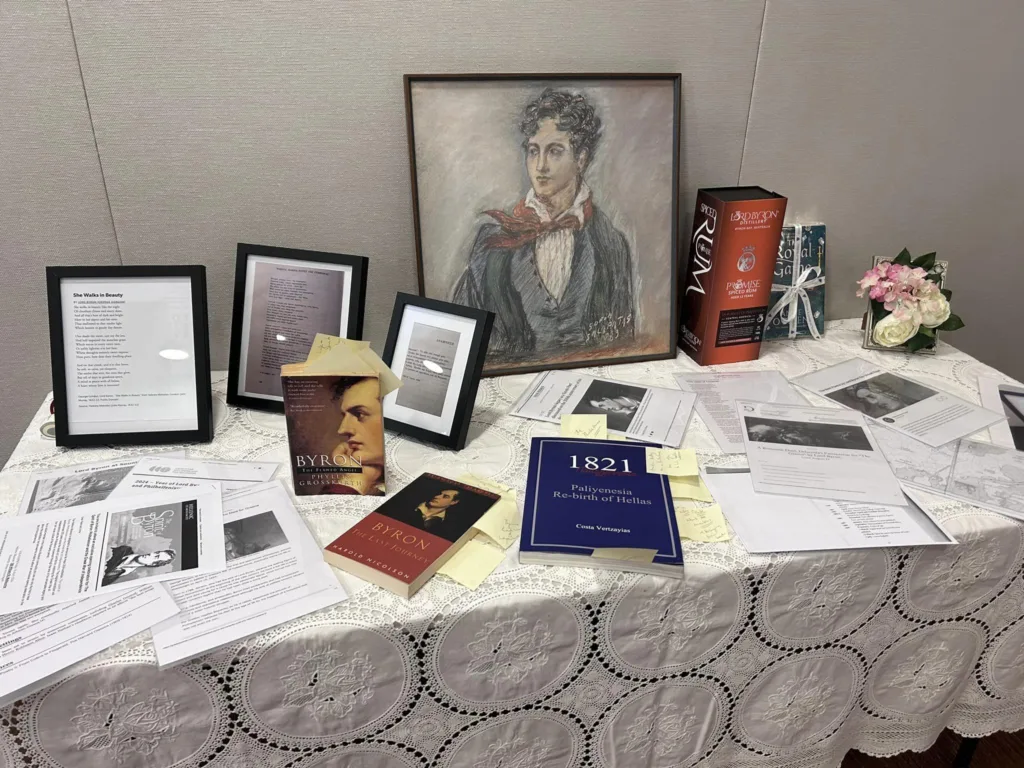
The book club looked at Lord Byron’s influence with art and the French Philhellene painter Eugene Delacroix, Combat of the Giaour and the Pasha in 1827, based on a poem by Lord Byron and the Greek painter Theodoros Vryzakis and his paintings, especially The Maid of Athens in 1860, based on a poem by Lord Byron.
The talk also emphasised his influence on Greek literature in particular with Dionysios Solomos, and also how Greek literature, especially Ancient Greek writers, influenced Lord Byron’s poetry.
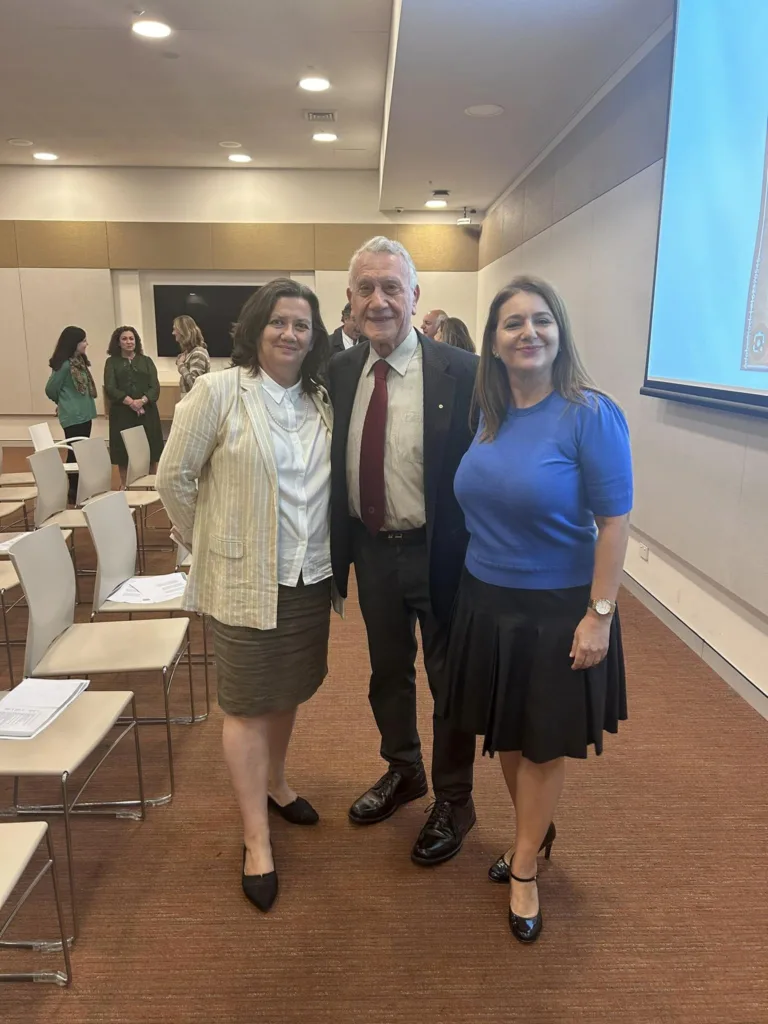
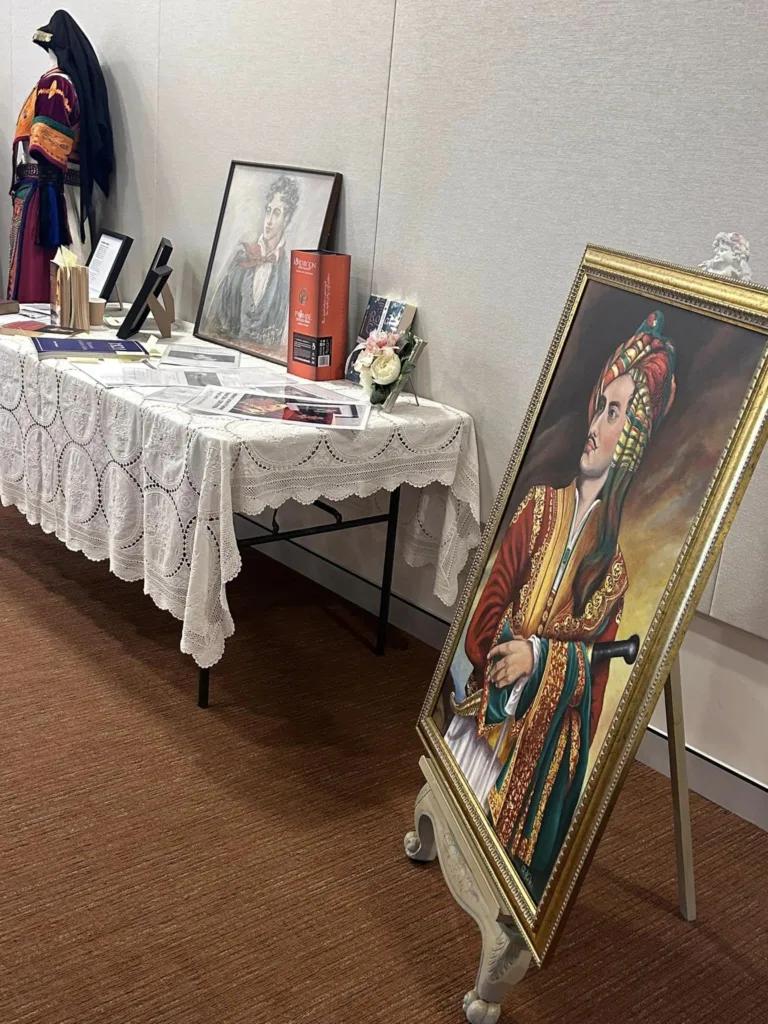
The talk looked at his travels around Europe in 1809, which provided him with landscapes and characters for his poetry, and then again as an exiled man in 1816 due to his scandalous life and huge debts having never returned to England.
Mention was made about Byron Bay here in New South Wales with so many street names based on English writers and the name chosen by Captain Cook, Cape Byron, after Lord Byron’s grandfather, Admiral John Byron in 1770.
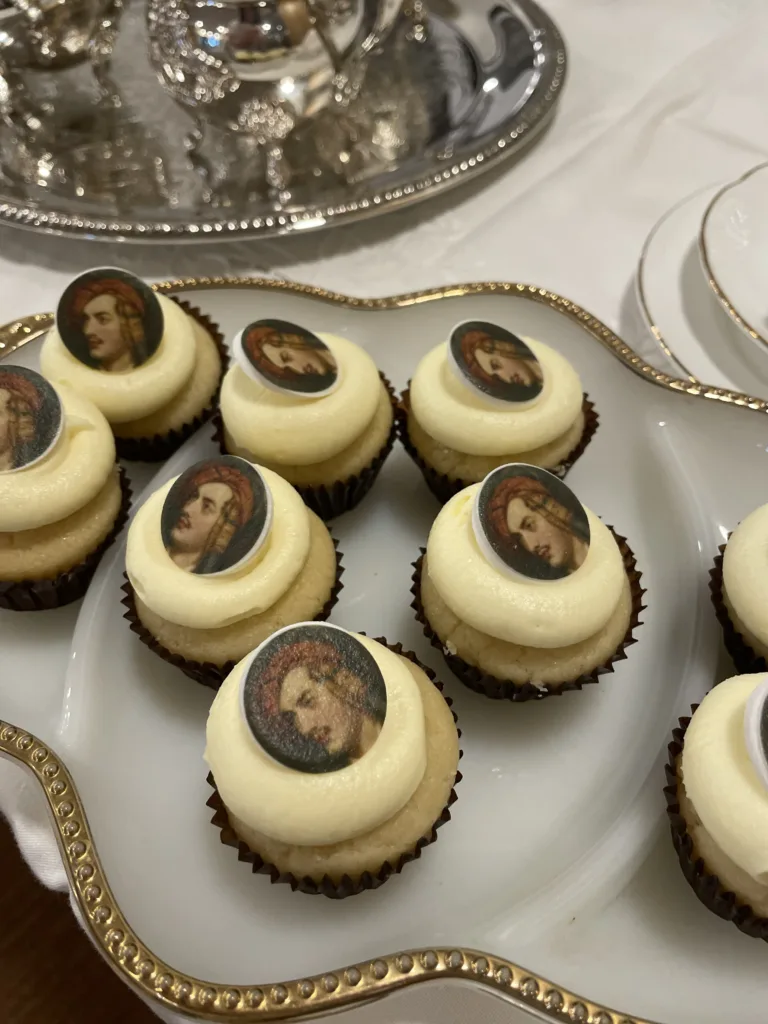
The presentation ended with a Greek singer and her band singing the poem, The Isles in Greece, to a beautiful tune using a strong Greek influence with the instruments.
The afternoon ended with an English High Tea and a lucky door prize was given out – a bottle of rum named Lord Byron.
